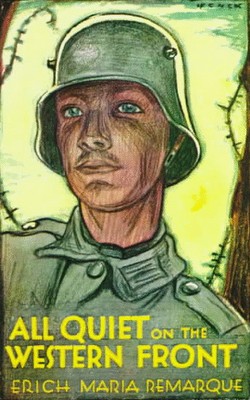10 Pages celebration: Questions and Answers
10 Pages celebration: Questions and Answers
In order to celebrate the 10 pages we've reached, I've decided to open a Q and A. Here, on the site, you can ask all kind of actions, such as:
1)your favourite movies, cartoons, videogames and books, how would they look in this timeline? Say one hystorical game, cartoon, movie or book and I'll try to show its alternative in this timeline. It can also be other works of fictions that are not necessarely about WW1. It can also be Manga's and Anime's.
2)general question about the timeline
So go ahead! Make your questions! I'll try to answer them!
In order to celebrate the 10 pages we've reached, I've decided to open a Q and A. Here, on the site, you can ask all kind of actions, such as:
1)your favourite movies, cartoons, videogames and books, how would they look in this timeline? Say one hystorical game, cartoon, movie or book and I'll try to show its alternative in this timeline. It can also be other works of fictions that are not necessarely about WW1. It can also be Manga's and Anime's.
2)general question about the timeline
So go ahead! Make your questions! I'll try to answer them!
Last edited:








